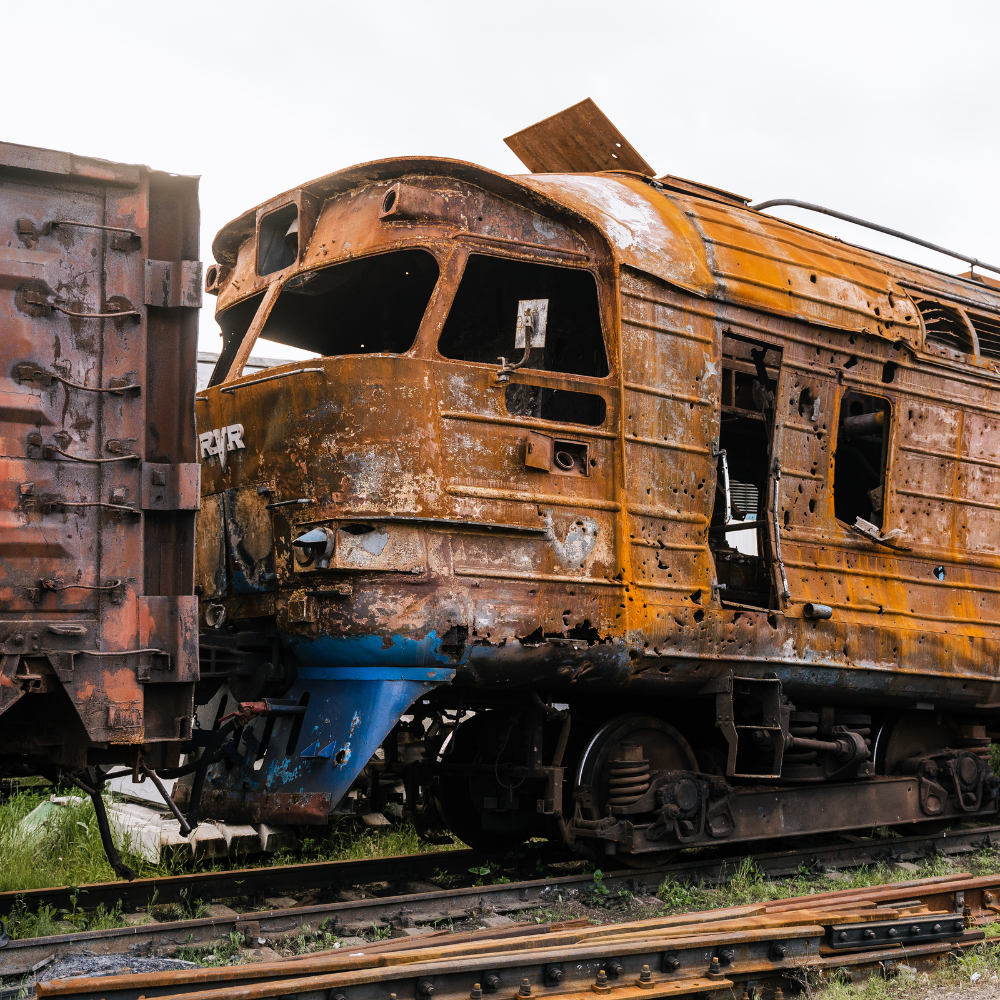
Protests have erupted in Greece over the train accident that claimed the lives of 43 people, with many viewing it as an accident waiting to happen. Outside the Athens headquarters of Hellenic Train, the company responsible for maintaining Greece's railways, protesters clashed with police.
Protests were held in Thessaloniki and the city of Larissa, both of which are close to the Tuesday night disaster site. According to the government, an independent investigation will provide justice.
Three days of national mourning have been declared across the nation following the collision between a passenger train and a freight train, which caused the front carriages to burst into flames. The majority of the passenger train's front carriages were destroyed.
Most of the 350 passengers were in their 20s students returning to Thessaloniki after a weekend spent celebrating Greek Orthodox Lent. Prime Minister Kyriakos Mitsotakis attributed the disaster to "tragic human error."
A 59-year-old Larissa station master has been charged with negligent homicide. He has claimed innocence and attributed the accident to a technical glitch. Members of rail unions believe that safety systems were not functioning properly despite repeated warnings over many years.
Thursday will be a day of protest and mourning for rail workers, who plan to strike in response to what they perceive to be official neglect of the railways.
The worker's union mentioned in a statement announcing the strike that the pain they were experiencing has turned into anger for many of the dead and wounded colleagues and fellow citizens. The tragic outcome was caused by governments' disregard for the Greek railways over the years.
Transport Minister Kostas Karamanlis resigned in the wake of the accident, saying he would take accountability for the authorities' "long-standing failures" to fix a railway system he deemed unfit for the twenty-first century.
However, a banner hung outside the hospital to which the victims' bodies were being transported, claiming that any systemic failures would be covered up in the official investigation currently underway.
At a Wednesday vigil in Larissa to honor the victims of the incident, one demonstrator stated that he believed the tragedy was only a matter of time. Nikos Savva, a medical student from Cyprus, told sources that the rail network appeared problematic, with worn-out, poorly compensated staff. He added that the arrested station master should not pay the price for an entire failing system. "This is an unacceptable occurrence. We've been familiar with this situation for thirty years, "Costas Bargiotas, a physician based in Larissa, told sources.
In addition, a vigil was held in front of the offices of Hellenic Train in Athens. Police used tear gas to break up protesters who threw stones and lit fires in the streets as the day progressed. At the scene of the nation's worst-ever train crash, rescuers worked through the night once more. Families have been presenting DNA samples at a nearby hospital in order to identify their missing loved ones.
As more remains of those who were at the front of the passenger train and who endured the full force of the head-on collision and the ensuing fire in their carriages are recovered, this process will become increasingly difficult.
The first carriage's interior temperature reached 1,300 degrees Celsius (2,370 degrees Fahrenheit), making it tough to identify the people who were inside.



